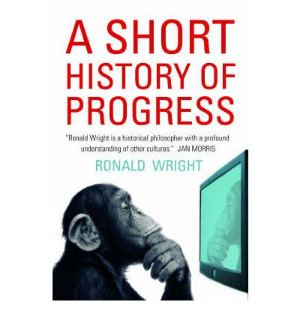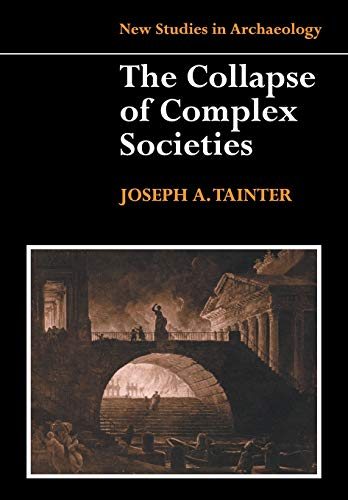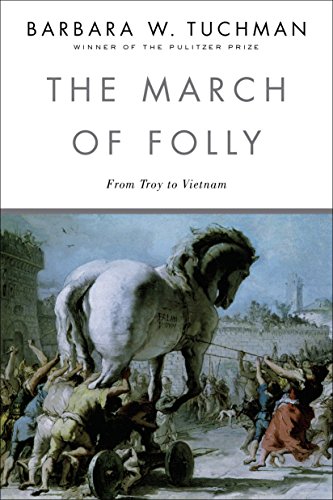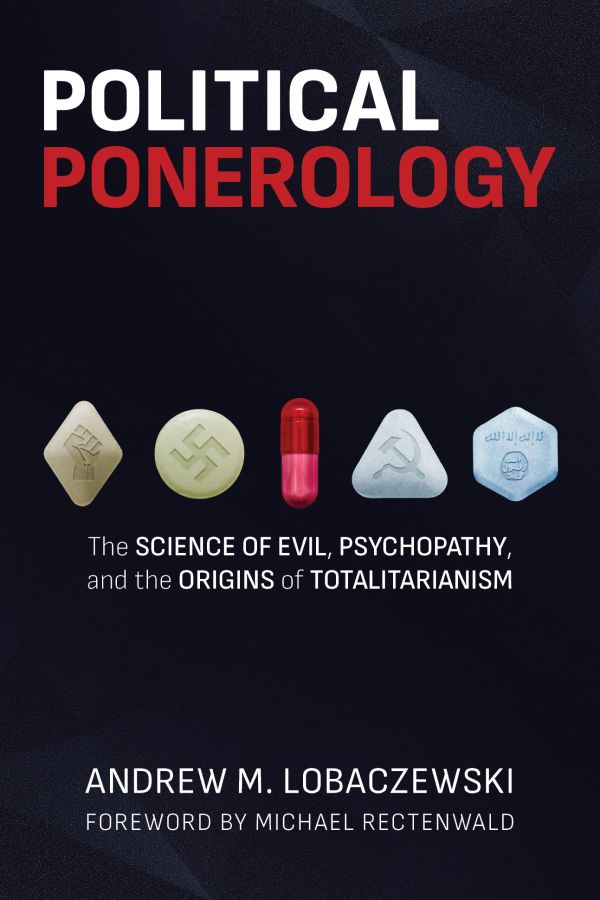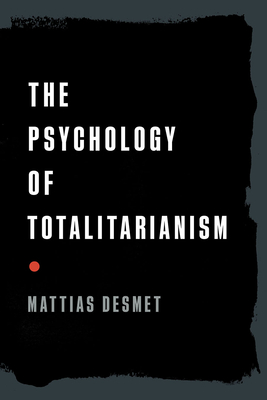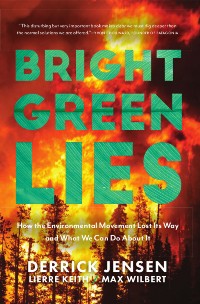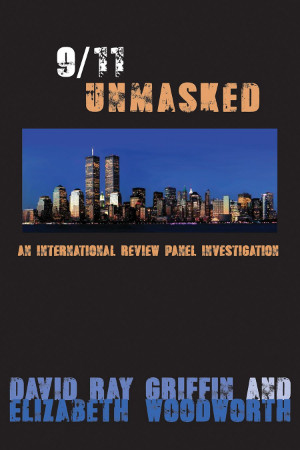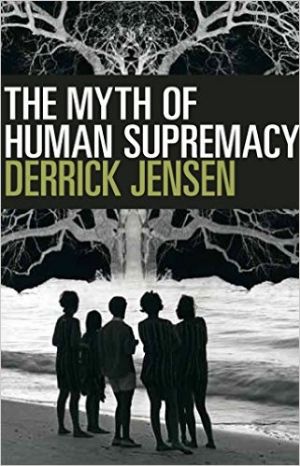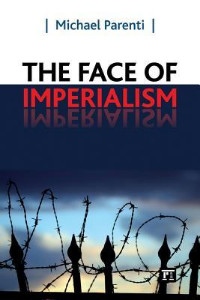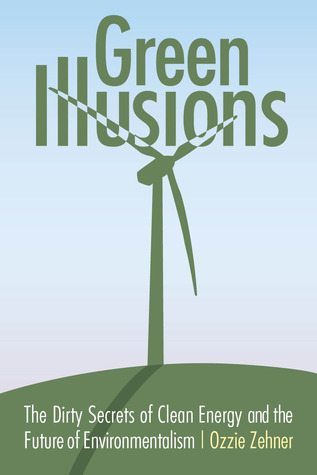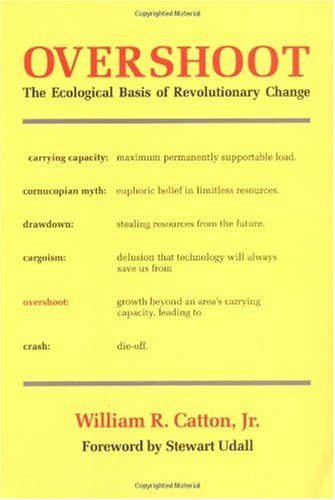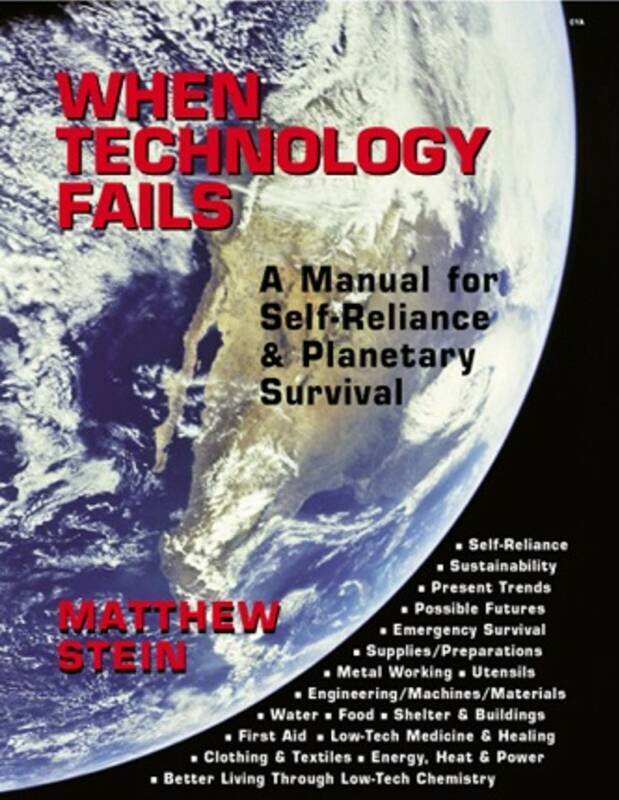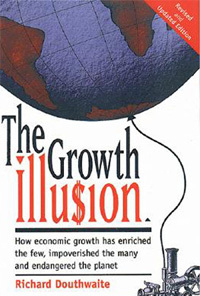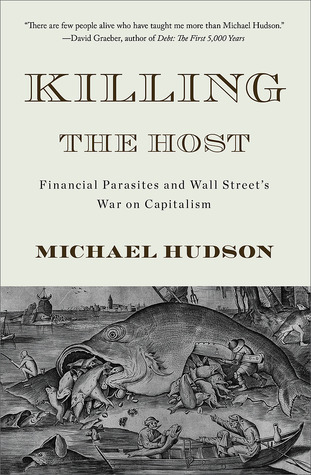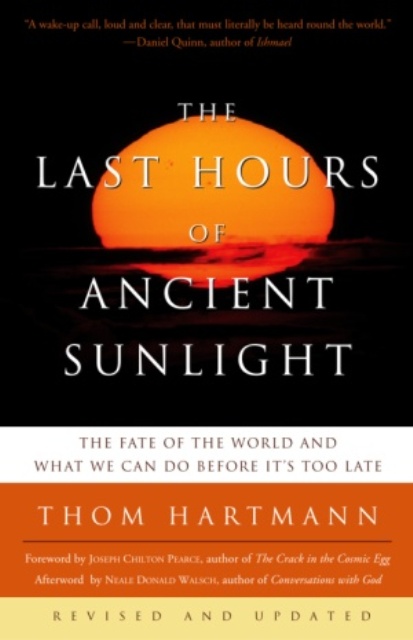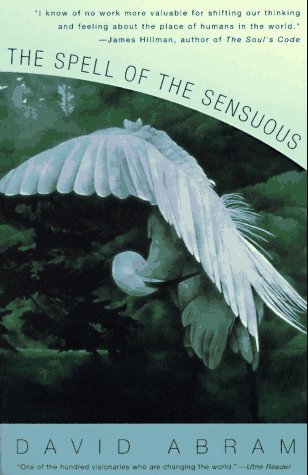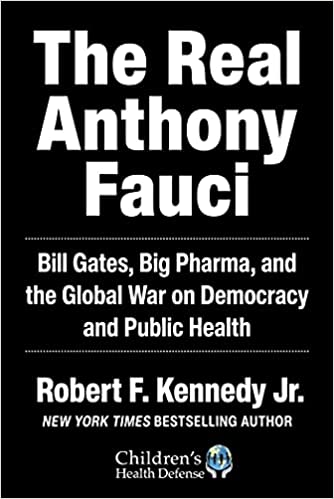Every year, Canadians eagerly huddle around their radios to listen to the Massey Lectures, broadcast by the CBC. For the 2004 season, Ronald Wright was the honored speaker. He presented a series of five lectures, titled A Short History of Progress. In 2005, Wright’s presentation was published as a short book, and it became a bestseller. Martin Scorsese’s movie, Surviving Progress, was based on the book.
It was an amazing success for a story contrary to our most holy cultural myths. Wright believed that the benefits of progress were highly overrated, because of their huge costs. Indeed, progress was approaching the point of becoming a serious threat to the existence of humankind. “This new century will not grow very old before we enter an age of chaos and collapse that will dwarf all the dark ages in our past.”
He pointed out that the world was dotted with the ruins of ancient crash sites, civilizations that self-destructed. At each of these wrecks, modern science can, in essence, retrieve the “black box,” and discover why the mighty society crashed and burned. There is a clear pattern. Each one crashed because it destroyed what it depended on for its survival.
Wright takes us on a quick tour of the collapse of Sumer, Easter Island, the Roman Empire, and the Mayans. He explains why the two oddballs, China and Egypt, are taking longer than average to self-destruct. The fatal defects of agriculture and civilization are old news for the folks who have been paying attention. It has become customary for these folks to believe that “The Fall” took place when humans began to domesticate plants and animals.
Wright thinks the truth is more complicated. What makes this book unique and provocative is his notion of progress traps. The benefits of innovation often encourage society to live in a new way, while burning the bridges behind them as they advance. Society can find itself trapped in an unsustainable way of living, and it’s no longer possible to just turn around and painlessly return to a simpler mode. Like today, we know that the temporary bubble of cheap energy is about over, and our entire way of life is dependent on cheap energy. We’re trapped.
Some types of progress do not disrupt the balance of the ecosystem, like using a rock to crack nuts. But our ability to stand upright freed our hands for working with tools and weapons, which launched a million year process of experimentation and innovation that gradually snowballed over time.
We tend to assume that during the long era of hunting and gathering our ancestors were as mindful as the few hunting cultures that managed to survive on the fringes into the twentieth century. But in earlier eras, when big game was abundant, wise stewardship was not mandatory. Sloppy tribes could survive — for a while.
Before they got horses, Indians of the American west would drive herds of buffalo off cliffs, killing many at a time. They took what they needed, and left the rest for legions of scavengers. One site in Colorado contained the carcasses of 152 buffalo. A trader in the northern Rockies witnessed about 250 buffalo being killed at one time. Wright mentioned two Upper Paleolithic sites I had not heard of — 1,000 mammoth skeletons were found at Piedmont in the Czech Republic, and the remains of over 100,000 horses were found at Solutré in France.
Over time, progress perfected our hunting systems. Our supply of high-quality food seemed to be infinite. It was our first experience of prosperity and leisure. Folks had time to take their paint sets into caves and do gorgeous portraits of the animals they lived with, venerated, killed, and ate.
Naturally, our population grew. More babies grew up to be hunters, and the availability of game eventually decreased. The grand era of cave painting ended, and we began hunting rabbits. We depleted species after species, unconsciously gliding into our first serious progress trap.
Some groups scrambled to find alternatives, foraging around beaches, estuaries, wetlands, and bogs. Some learned how to reap the tiny seeds of wild grasses. By and by, the end of the hunting way of life came into view, about 10,000 years ago. “They lived high for a while, then starved.”
Having destroyed the abundant game, it was impossible to return to simpler living. This was a progress trap, and it led directly into a far more dangerous progress trap, the domestication of plants and animals. Agriculture and civilization were accidents, and they threw open the gateway to 10,000 years of monotony, drudgery, misery, and ecocide. Wright says that civilization is a pyramid scheme; we live today at the expense of those who come after us.
For most of human history, the rate of progress was so slow that it was usually invisible. But the last six or seven generations have been blindsided by a typhoon of explosive change. Progress had a habit of giving birth to problems that could only be solved by more progress. Progress was the most diabolically wicked curse that you could ever imagine. Maybe we should turn it into an insulting obscenity: “progress you!”
Climate scientists have created models showing weather trends over the last 250,000 years, based on ice cores. Agriculture probably didn’t start earlier because climate trends were unstable. Big swings could take place over the course of decades. In the last 10,000 years, the climate has been unusually stable. A return to instability will make civilization impossible.
Joseph Tainter studied how civilizations collapse, and he described three highways to disaster: the Runaway Train (out-of-control problems), the Dinosaur (indifference to dangers), and the House of Cards (irreversible disintegration). He predicted that the next collapse would be global in scale.
Finally, the solution: “The reform that is needed is… simply the transition from short-term thinking to long-term.” Can we do it?
We are quite clever, but seldom wise, according to Wright. Ordinary animals, like our ancestors, had no need for long-term thinking, because life was always lived in the here and now. “Free Beer Tomorrow” reads the flashing neon sign on the tavern, but we never exist in tomorrow.
The great news is that we now possess a mountain of black boxes. For the first time in the human journey, a growing number of people comprehend our great mistakes, and are capable of envisioning a new path that eventually abandons our embarrassing boo-boos forever. All the old barriers to wisdom and healing have been swept away (in theory).
Everywhere you look these days; people are stumbling around staring at tiny screens and furiously typing — eagerly communicating with world experts, engaging in profound discussions, watching videos rich with illuminating information, and reading the works of green visionaries. It’s a magnificent sight to behold — the best is yet to come!
Wright, Ronald, A Short History of Progress, Carroll & Graf Publishers, New York, 2005.
****
Richard Reese lives in Eugene, Oregon. He is the author of What Is Sustainable, Sustainable or Bust, and Understanding Sustainability. His primary interest is ecological sustainability, and helping others learn about it. His blog wildancestors.blogspot.com includes free access to reviews of more than 160 sustainability-related books, plus a few dozen rants.
Reprinted with permission from the author.

